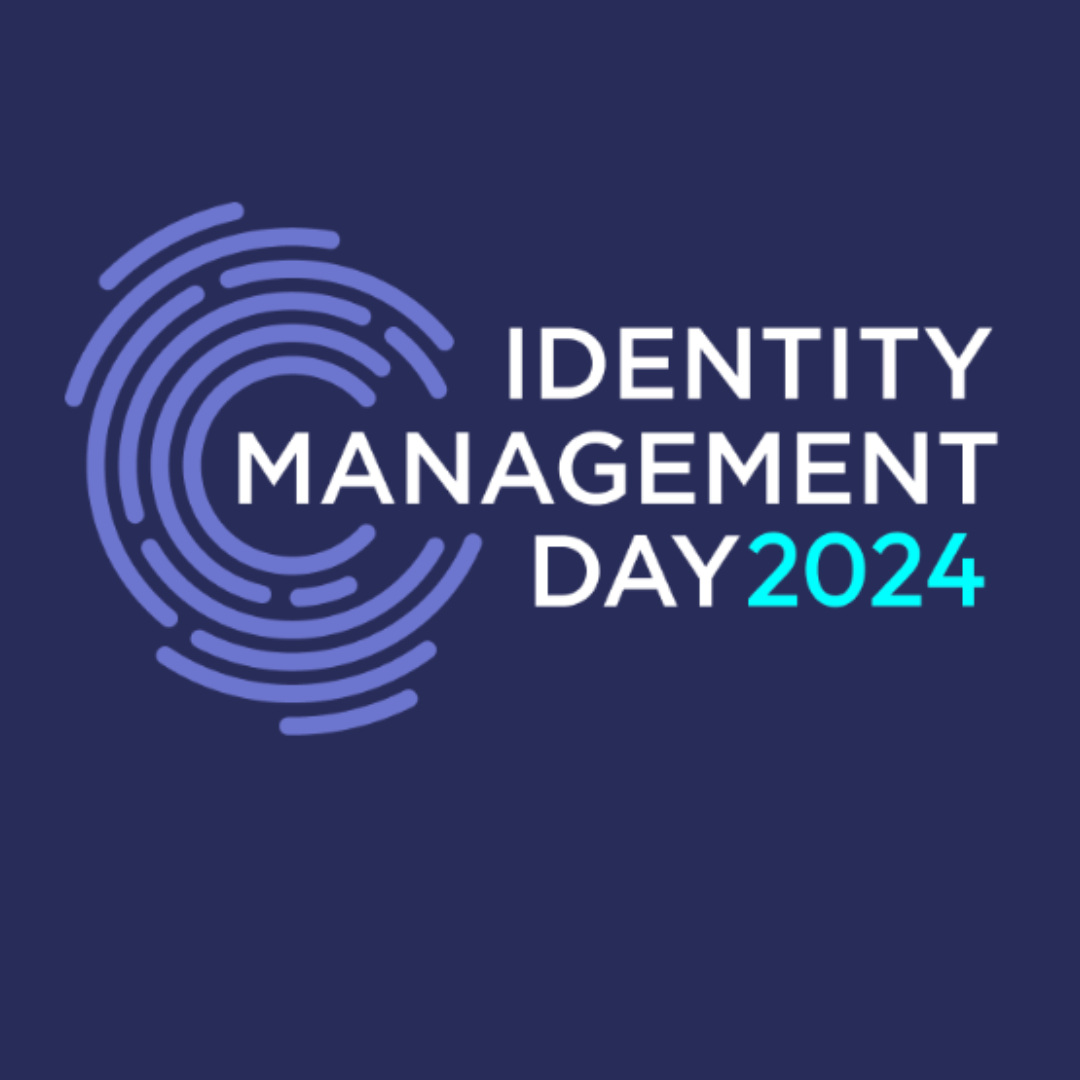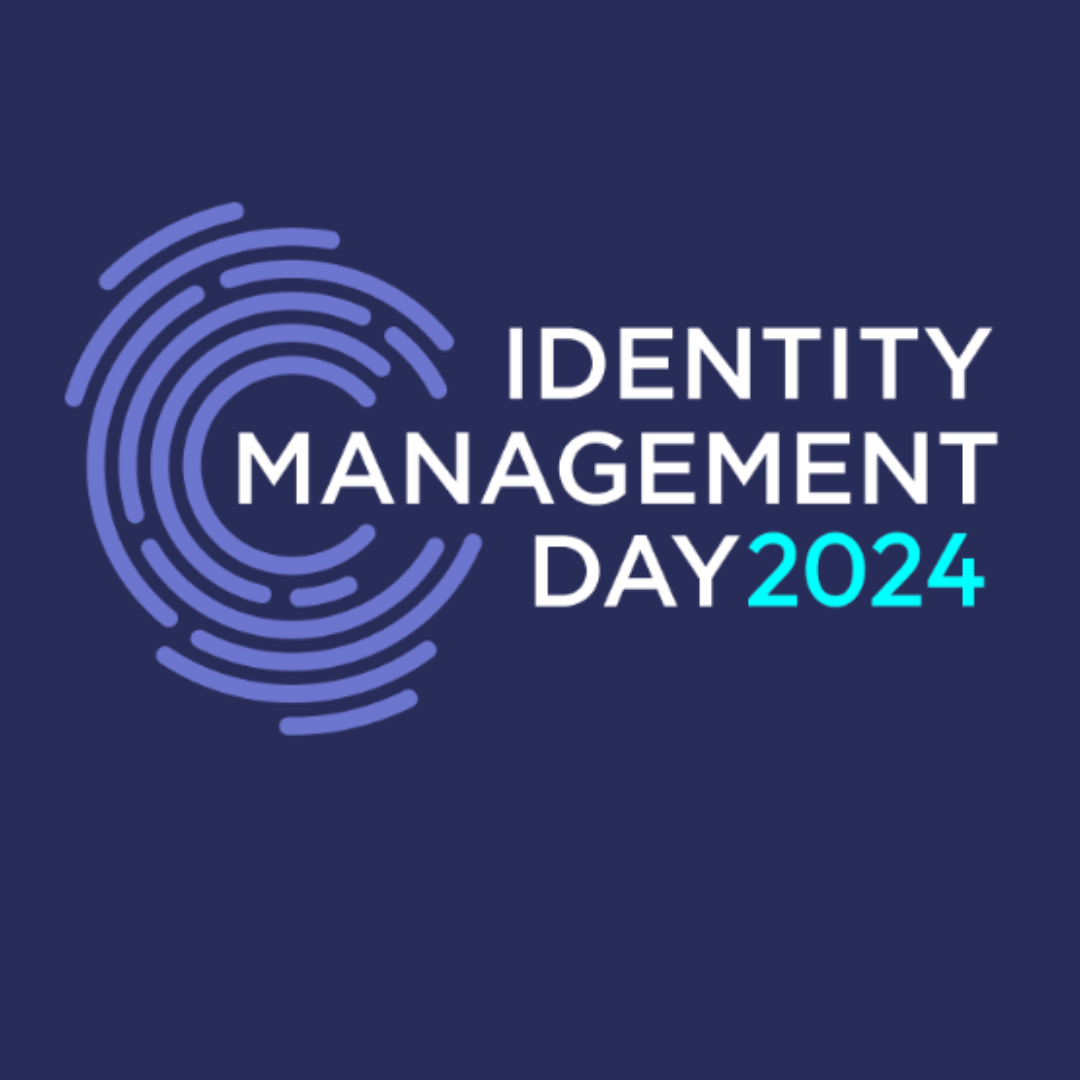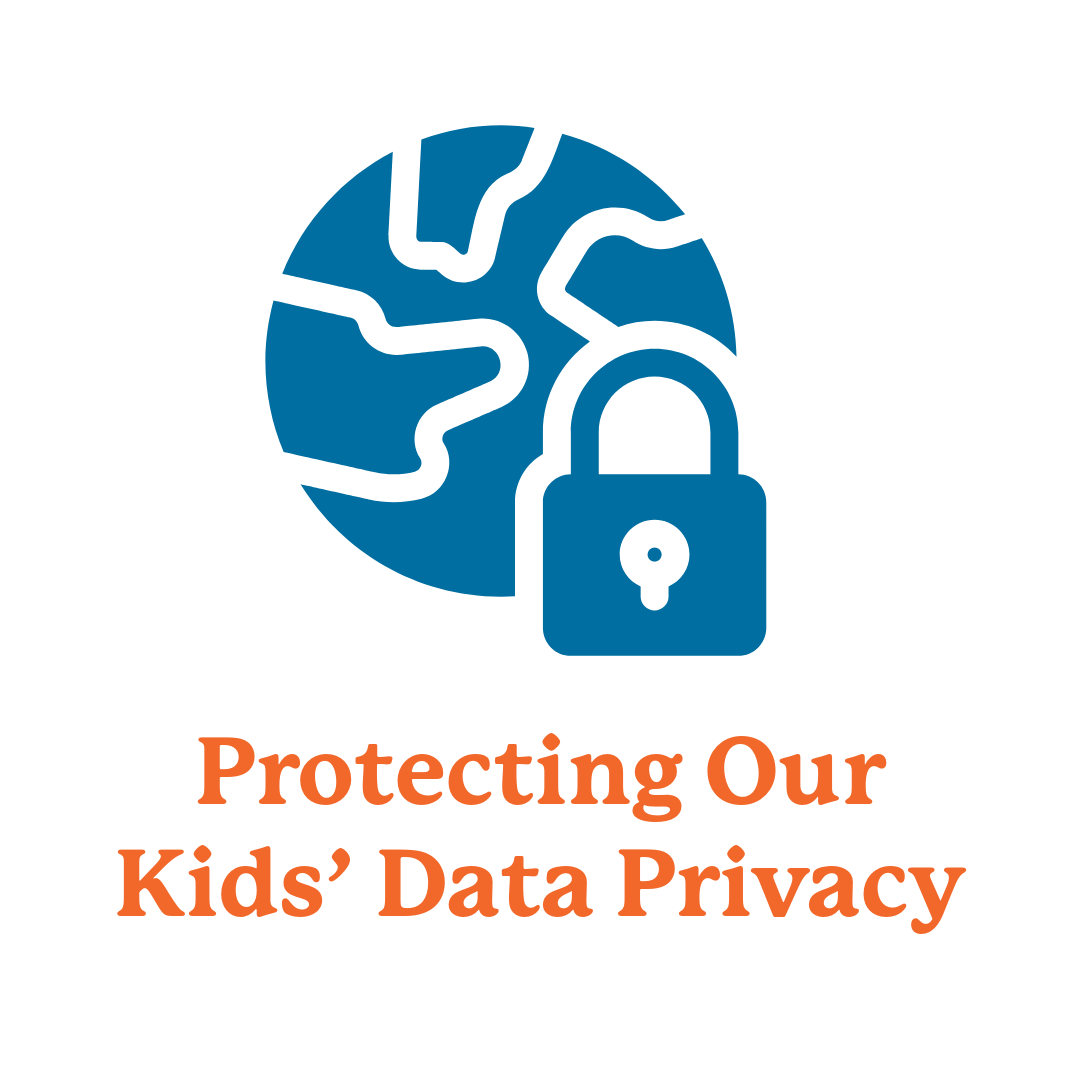 The second Tuesday of April is Identity Management Day, a time designated to highlight the importance of safeguarding your digital identity. But why focus on identity management, and what does it entail? In our increasingly digital world, managing our online identities has become crucial.
The second Tuesday of April is Identity Management Day, a time designated to highlight the importance of safeguarding your digital identity. But why focus on identity management, and what does it entail? In our increasingly digital world, managing our online identities has become crucial.
What exactly is identity management? It's the practice of ensuring only authorized individuals access your sensitive information and online accounts. This includes safeguarding passwords and staying vigilant against phishing scams and online fraud. But why dedicate a whole day to this? The reason lies in the ever-changing landscape of cybersecurity threats. Cybercriminals are always finding new ways to steal personal information and exploit digital vulnerabilities. Identity Management Day serves as a reminder that protecting our identities isn’t a one-time task; it's an ongoing commitment requiring constant vigilance and proactive measures throughout the year.
Click here to visit the Security Center
Safeguarding our personal and professional identities also necessitates individual responsibility. Here are some fundamental identity security practices that can significantly enhance our online safety:
-
Create Strong, Unique Passwords: Avoid sharing or reusing passwords. Instead, generate complex passwords that are difficult for hackers to decipher. Utilizing a mix of letters, numbers, and symbols adds an extra layer of security.
-
Beware of Phishing Attempts: Educate yourself and your team about the telltale signs of phishing emails or messages. Encourage prompt reporting of any suspicious communications to prevent potential data breaches.
-
Keep Software Updated: Regularly updating software patches and security measures is imperative in mitigating vulnerabilities that cybercriminals exploit. This applies not only to workplace systems but also to personal devices used for remote work.
-
Implement Multi-Factor Authentication (MFA): Enhance account security by enabling MFA wherever possible. This additional authentication layer, beyond passwords, significantly reduces the risk of unauthorized access.
-
Utilize Password Managers: Simplify password management and bolster security by utilizing reputable password management tools. These platforms securely store and auto-fill passwords, eliminating the need for memorization and reducing the risk of password-related vulnerabilities.
Identity Management Day is co-led by the Identity Defined Security Alliance and the National Cybersecurity Alliance. Visit these resources for more information about Identity Management Day and how you can stay safe online.
At Planters First Bank, we proudly champion this initiative and remain dedicated to ensuring the security of our team members, shareholders, and customers. Let’s all do our part to secure our digital ecosystem.
Empowering Kids: Financial Literacy Month and Online Safety
As Financial Literacy Month unfolds, there's no better time to discuss the crucial role of teaching our children about safeguarding their finances. In today's digital age, where online transactions are commonplace, imparting knowledge about online safety is equally vital. Let's delve into why empowering our kids with these essential skills is imperative for their present and future financial well-being.
The Importance of Financial Literacy: Financial literacy is more than just understanding how to manage money; it's about instilling lifelong skills that empower individuals to make informed financial decisions. Starting this education early in childhood lays a solid foundation for responsible money management in adulthood.
Protecting Finances Through Online Safety: In today's interconnected world, online transactions have become the norm. However, with this convenience comes the risk of cyber threats. Teaching children about online safety is paramount to protect their finances and personal information from malicious actors.
Why Start Early: Children are increasingly exposed to online platforms from a young age, making them susceptible to potential risks such as identity theft, phishing scams, and unauthorized transactions. By educating them early on, we equip them with the knowledge and skills to navigate the digital landscape safely.
Benefits for the Future: The skills acquired through financial literacy and online safety education extend far beyond childhood. They lay the groundwork for financial independence and security in adulthood. By empowering our children with these tools, we set them on a path toward a brighter financial future.
More Resources:
As we observe Financial Literacy Month, let's make a commitment to prioritize teaching our children about protecting their finances and practicing online safety. By instilling these essential skills early on, we empower them to navigate the digital world confidently and secure their financial well-being for years to come.



